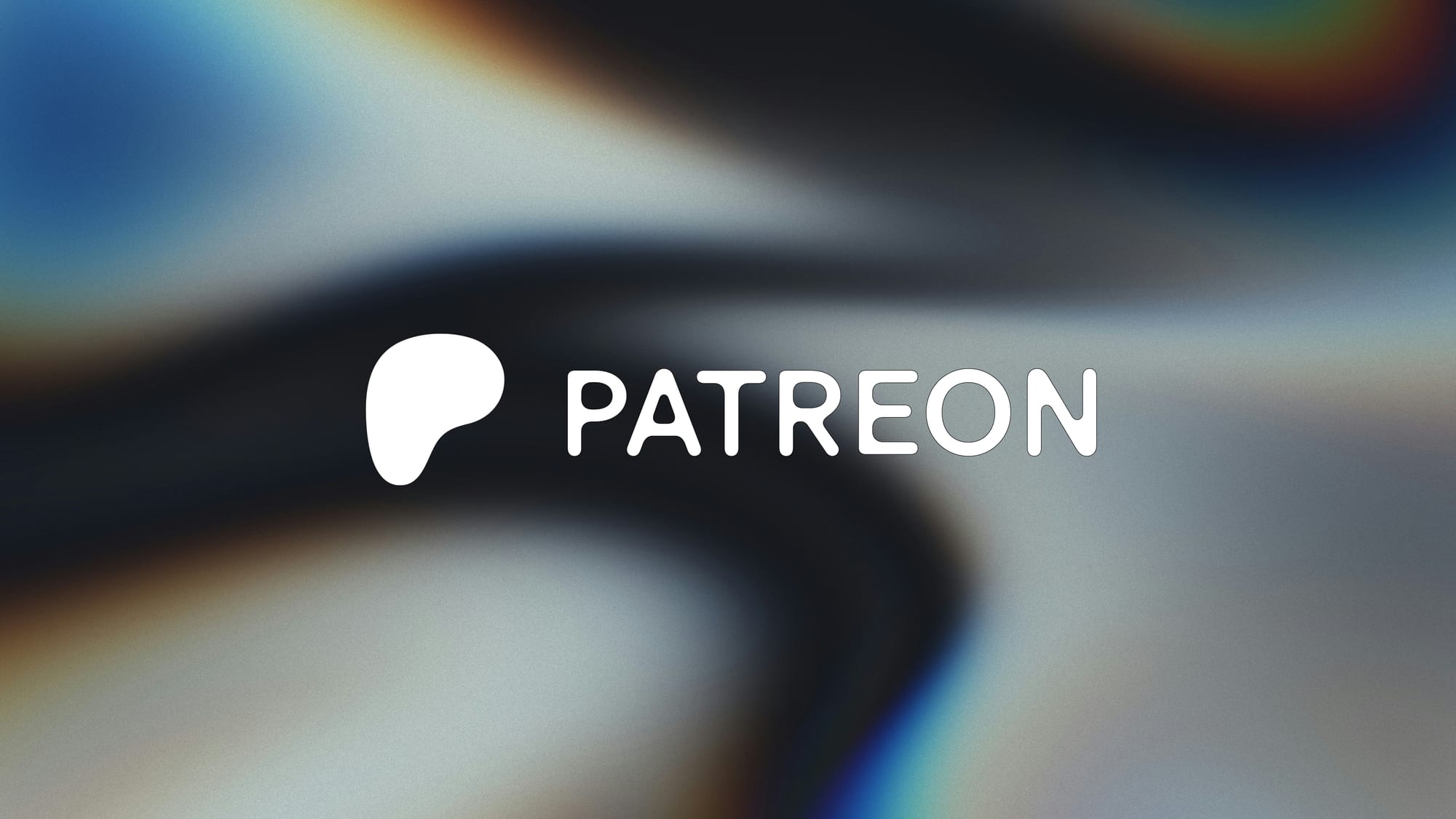This is something: 76% of employees experience workplace burnout, with 82% at risk of burning out in 2024. Yet beneath these alarming numbers lies an opportunity for profound transformation. When burnout becomes the catalyst for rediscovering what truly matters, it can lead to the most meaningful chapter of your professional and personal life.
The Price of Lost Direction
Modern professionals often find themselves in what psychologists call "misalignment burnout" – a state where 59% of Americans feel disconnected from their core purpose, particularly affecting 71% of Gen Z and 65% of millennials. This isn't just about working too hard; it's about working toward goals that no longer reflect who you've become.
Executive coach Anne Shoemaker observes a troubling pattern:
"When you're operating from a place of burnout, everything feels like a major lift. We can't make great decisions when we're emotionally and cognitively depleted".
The traditional approach to goal-setting – rooted in the demand for perfection and relentless achievement in hustle culture – has left many professionals feeling like they're climbing someone else's mountain.
The Science of Gentle Goal Rediscovery
Research reveals that goal setting increases performance significantly, but only when individuals achieve their goals, suggesting that appropriately challenging but attainable objectives are crucial for maximizing motivational benefits. This insight has revolutionized how we approach rediscovering personal goals, shifting from punitive perfectionism to what experts now call "gentle goal-setting."
Unlike traditional goal-setting, which treats objectives like "brick walls you put up between yourself and the things you want to do", gentle goal-setting creates "enthusiastic cheerleaders rooting you on, and helpful navigators pointing towards the next step on the path." This approach recognizes that we can't be "growing in every life area at all times" and that "wins and progress of all sizes matter because small steps build momentum and confidence".
The key lies in setting what researchers call "more me" goals –objectives that help you be more authentically yourself rather than conforming to external expectations.
Your Personal Mission Statement as DNA
Stephen Covey's timeless wisdom remains remarkably relevant: "A personal mission statement becomes the DNA for every other decision we make". This isn't corporate jargon; it's a practical framework for decision-making that 88% of engaged workers use to navigate their careers, even while feeling burned out.
Creating your personal mission statement requires answering fundamental questions that cut through the noise of external expectations:
- What are your core values? The non-negotiables that define who you are at your best.
- What unique value do you create? The specific contribution only you can make to your world.
- What legacy do you want to leave? How do you want to impact the people and causes that matter most?
As Covey noted, "You don't invent your mission, you detect it. You uncover it". The process isn't about manufacturing a new identity but rediscovering the authentic self that may have been buried under years of external expectations.
The Practical Reset Framework
Start with radical self-acceptance. Before setting new goals, career reset expert Leslie Wang recommends "radically centering your own needs, values, and priorities". This means acknowledging that "you and your dreams need to come first" – not as selfishness, but as the foundation for sustainable contribution.
Address real problems, not imaginary ones. Focus on "solving specific problems you're actually experiencing right now vs. vague 'wants to be better,' which are usually rooted in hustle culture's obsession with self-improvement". If you're constantly exhausted, your goal might be creating better boundaries, not achieving more.
Plan meaningful pit stops. For larger objectives, "set small milestone goals on the way to the end destination to keep momentum and progress feeling tangible". One successful approach is the "75% rule" – setting goals you're 75% confident you can achieve, balancing stretch with realism.
Go beyond work and health. Most people "only think about these categories when they set goals." Still, comprehensive goal-setting includes "rest, self-care, and recreation" to prevent "over-fixating on work and productivity goals at the expense of your wellbeing".
The Permission to Begin Again
Perhaps the most liberating insight from recent research is this: "The only thing that failing to meet an arbitrary goal means is that it wasn't the right time for you to meet that goal". This perspective transforms "failure" from a character judgment into valuable data about timing, approach, or goal appropriateness.
As Covey wisely observed, "Every human has four endowments – self-awareness, conscience, independent will and creative imagination. These give us the ultimate human freedom. The power to choose, to respond, to change". Your burnout isn't a verdict; it's an invitation to rediscover goals that align with your authentic self.
The path forward isn't about doing more; it's about doing what matters most to you. In a world where 82% of workers risk burnout, choosing gentle goal-setting isn't just self-care – it's a revolutionary act of reclaiming your professional and personal narrative.
Your personal goals are waiting to be rediscovered. They've been there all along, beneath the shoulds and supposed-tos, ready to guide you toward work and life that feels like coming home to yourself.














Discussion